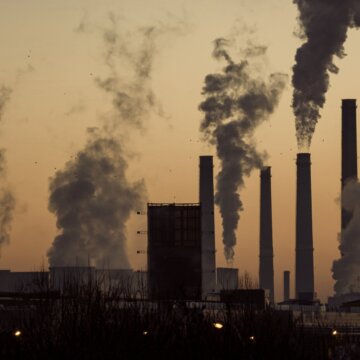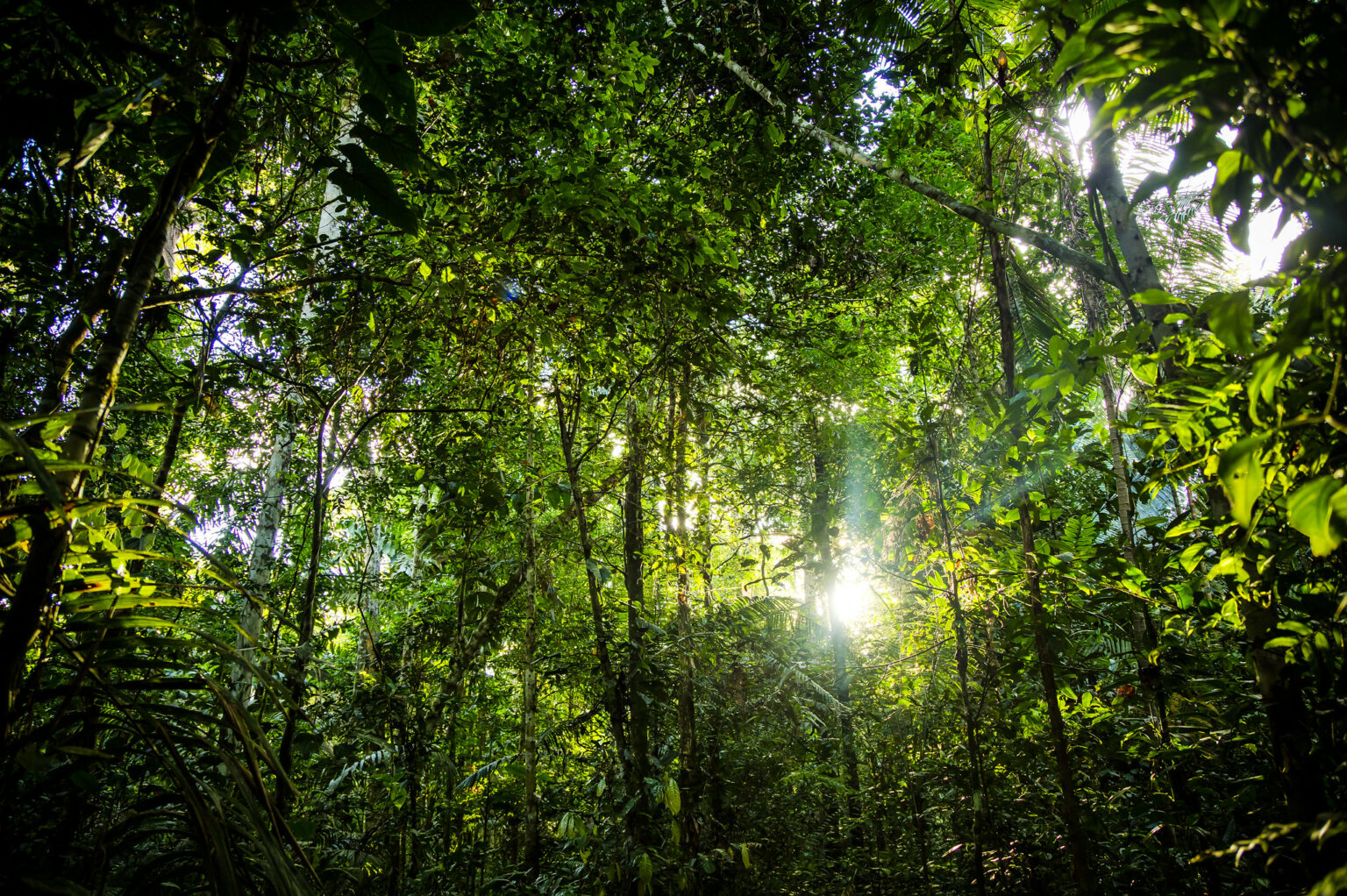- About
- Topics
- Picks
- Audio
- Story
- In-Depth
- Opinion
- News
- Donate
- Signup for our newsletterOur Editors' Best Picks.Send
Read, Debate: Engage.
| topic: | Air Pollution |
|---|---|
| located: | Serbia, Bosnia and Herzegovina |
| editor: | Katarina Panić |
The Air Visual application, which compiles data from ground sensors worldwide, ranked Belgrade as the world’s most polluted city last Thursday. The Air Quality Index (AQI) - which considers air quality good if between zero and fifty - reached an unhealthy score of 179 in the Serbian capital on that day. Air pollution was more than seven times higher than the World Health Organisation’s (WHO) annual air quality guideline value.
“The heating season increased the air pollution,” the public broadcast service, RTS, explained the following day. “More than 90 percent of the population lives in areas where air quality is below the level prescribed by the WHO. It is estimated that air pollution causes several millions of deaths a year.” Serbia ranks first in Europe and among the top ten countries in the world in terms of mortality from air pollution.
The Serbian Ministry of Environmental Protection announced the coordinated verifications by state and local inspectors from 1st November to ensure that the restrictions from the Air Protection law have been implemented in municipal heating plants and organisations with their own boiler rooms.
The Serbian Environmental Protection Agency denotes that, among the major causes that contribute to high pollution levels, the dominant sources are individual furnaces, poorly regulated emissions from industrial plants, aged vehicles running on low-quality fuel, and lack of air cleaning initiatives.
Bankwatch, a Prague-based network of NGOs, reports that the Western Balkan countries’ coal plants produced six times more sulphur dioxide than permissible in the last three years.
It is estimated that between 2018 and 2020, 3,700 people have died in the Western Balkans, and 7,000 in the EU, just from the breach in pollution limits by these coal plants. Nearly 1000 more people are estimated to have died in other regions due to noxious air pollution from the same power plants.
However, Serbian President Aleksandar Vučić frequently repeats that Serbia will not shut down its coal power plants - despite being a major source of air pollution.
“I was told I was crazy because I didn’t want to close the coal mines … [but] you can’t balance electricity with wind and solar energy,” Vučić told reporters after meeting Russian Foreign Minister Sergey Lavrov last month in Belgrade.
At a critical moment when the rest of the world has united at the COP26 summit to reduce greenhouse gas emissions and prevent a further intoxication of the planet’s air, the Serbian government has doubted its ability to transition to greener sources of energy while providing electricity, infrastructure and jobs for its citizens.
Image by Ella Ivanescu

